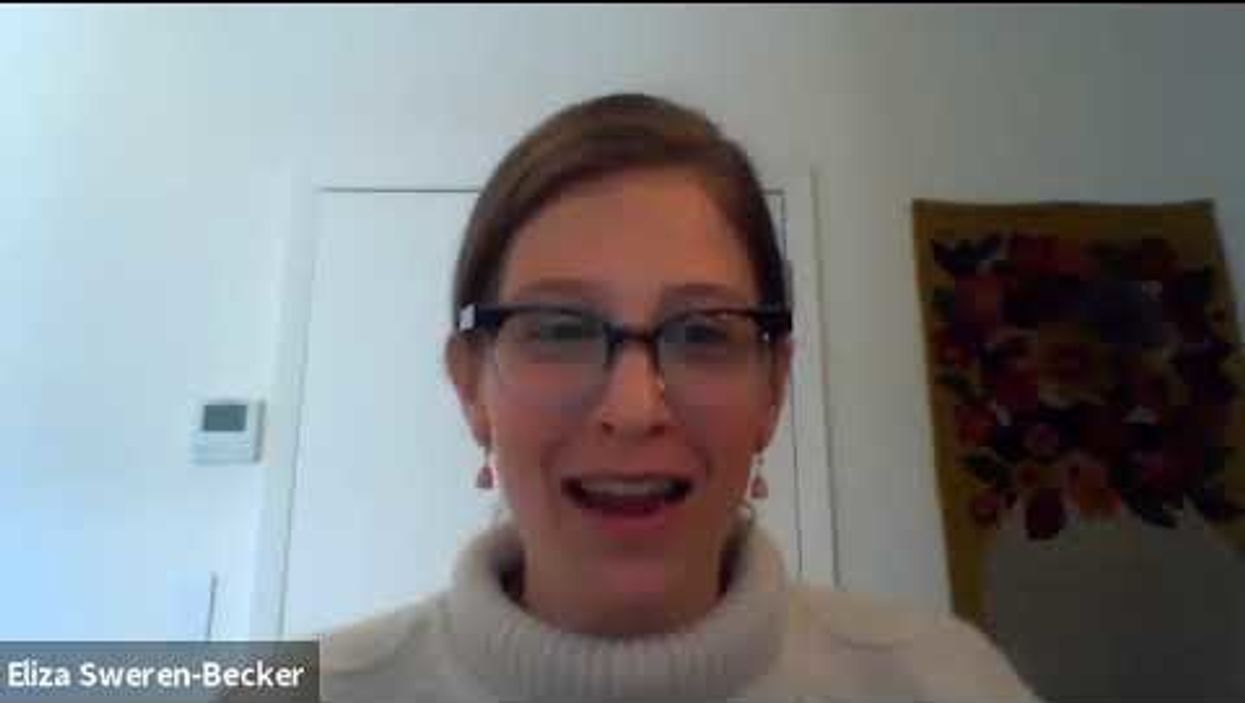With legal fights over the election being waged across the country and disinformation clouding the truth about voting systems, Americans can be forgiven for their confusion about how to cast a ballot this fall. Because each state sets its own rules — for registering, getting and returning vote-by-mail ballots, timetables for balloting in person and so many other things — keeping it all straight can be difficult for both voting rights advocates and individual voters.
The Fulcrum hosted a live discussion in which we discussed the realities of voting during the coronavirus pandemic and resources that you can share with friends and family.
The discussion was moderated by The Fulcrum's editor-in-chief, David Hawkings, and featured:
- David Levine, elections integrity fellow, Alliance for Securing Democracy
- Jack Noland, research manager, RepresentUs
- Eliza Sweren-Becker, Democracy Program counsel, Brennan Center for Justice




















